“All the work we did when we launched i40 Tourer is starting to pay off.
"We are not only talking to new customers, but to customers that previously wouldn’t even have looked at our cars.
“The i30 has arrived within 10 months of the i40 Tourer with exceptional green credentials and low BIK tax bands.
"These are now among the first items that come up in conversations with potential customers. Organisations are seeking to reduce their carbon footprints.”
He pointed out that when the previous i30 was launched in 2006 it offered competitive CO2 emissions at the time, but as technology has improved the new i30 needed to provide reduced CO2 emissions. But Wilson is also satisfied with the 97g/km best figure for the new model.
“The previous generation i30 with a low of 110g/km was good, but the new generation achieves sub-100g/km, and our total cost of ownership proposition is now highly competitive, particularly compared to the outgoing models.”
Hyundai has also made sure demonstrators are available for potential customers as well as following up with contact afterwards.
“Follow up is vital,” says Wilson, “And we have a very good relationship with those guys that arrange and follow up those test drives.
“Customers can see how far we’ve developed and moved up. Our wholelife cost advantage and value for money aspect is still there, but the quality has improved so much.”
Almost 40 of the manufacturers’ dealers are business centres with dedicated specialist staff.
Wilson says: “Historically we have been a very retail-focused network, but we have worked to change that and ensure sites can handle both retail and fleet business.
“But it’s often difficult with sites with fewer customers to justify the investment to deal better with businesses.”
He added that this would continue to improve into 2013 and that Hyundai needed to provide sufficient support for those dealers that were keen to attract new business customers.
A mark of Hyundai’s emergence as a key player in the UK fleet market was a significant fleet conquest deal after winning an order to supply 500 new cars to Enterprise, one of the UK’s largest providers of maintenance and front-line services to the public sector and utility industry.
The company chose Hyundai as its preferred fleet supplier and will be taking on i40 and new i30 models.
In addition to maintaining key infrastructure assets for utility companies, Enterprise also provides frontline services to local authorities and central government organisations in the UK.
Wilson says: “We were pleased with the big deal with Enterprise and it gives us more kudos to deal with other big customers.
"We know Enterprise has spoken in very positive terms about our vehicles and how well they’ve been received within the company by drivers.”
There is a strong appetite to ensure residual values remain competitive as a main part of the improving wholelife cost picture for vehicles.
“We’ve had CAP involved from very early on with the i40 and the new i30 and it’s very important for us to have key industry people in to understand what we’re doing.
“Getting early feedback from them can result in details being changed on the basis of this first-hand advice.”
With some of the big players in fleet scaling back their presence in the short-cycle rental market (Vauxhall is planning to take 20,000 units out of rental in 2012) there could be a temptation for other manufacturers to fill the void in this important, but low-profit, market sector.
It is also a way of gaining visibility for new products, but while Wilson says Hyundai is in the daily rental market, it won’t be distracted from modest and sustainable volume.
“We have two rental partners and both of those will take a number of new i30s,” said Wilson, “And it won’t be big volume.”




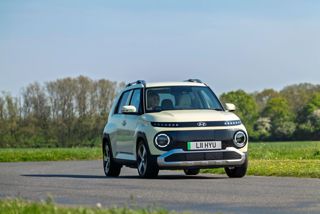
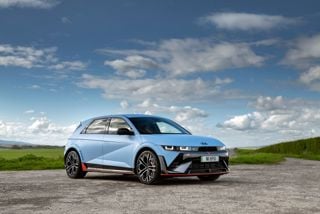
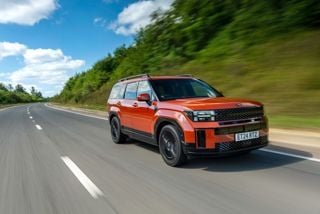
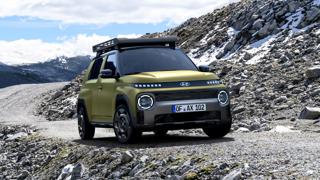
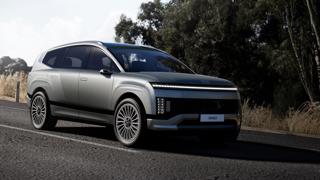












Login to comment
Comments
No comments have been made yet.